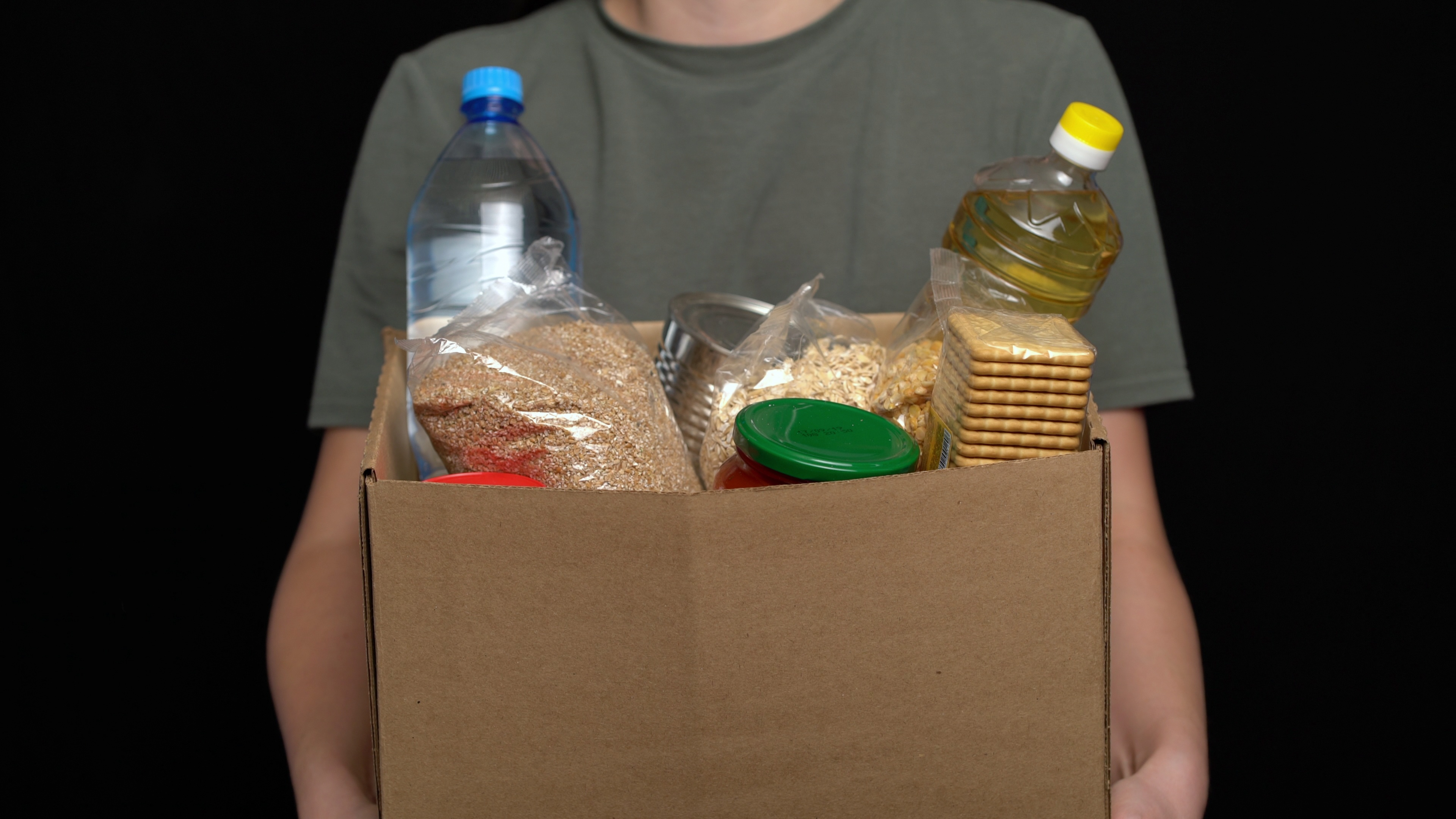AARP Hearing Center

As federal SNAP benefits face potential suspension, thousands of Oklahomans, especially older adults, are wondering how they will put food on the table. But across the state, a network of food banks, tribal nations, and local organizations is stepping up to fill the gap.
Oklahoma’s two major food banks said they are scaling up to meet rising demand.
- Regional Food Bank of Oklahoma serves central and western Oklahoma through nearly 1,300 community partners. Last year, the organization distributed over 57 million pounds of food.
- The Community Food Bank of Eastern Oklahoma serves the eastern half of the state, partnering with pantries, shelters, and meal programs to provide emergency food assistance.
Both organizations offer searchable maps to help residents locate nearby food pantries and distribution sites.
Tribal governments are also responding with direct aid.
- The Cherokee Nation has declared a food emergency and allocated $6.7 million in relief. Eligible citizens may receive $185 in direct payments and extended WIC benefits.
- Other tribal nations are expanding food distribution programs and partnering with nonprofits to support tribal citizens and surrounding communities.
Additionally, faith-based organizations, community centers, and shelters across Oklahoma are intensifying their food distribution efforts. Some school districts may continue to offer meals to children even if SNAP is suspended.
If you or someone you know is affected, start by contacting your local food bank or dialing 211, a free hotline operated by Tulsa Area United Way. It connects callers to nearby food pantries, meal programs, and emergency services. To locate a food pantry, click here to search by ZIP code.































































